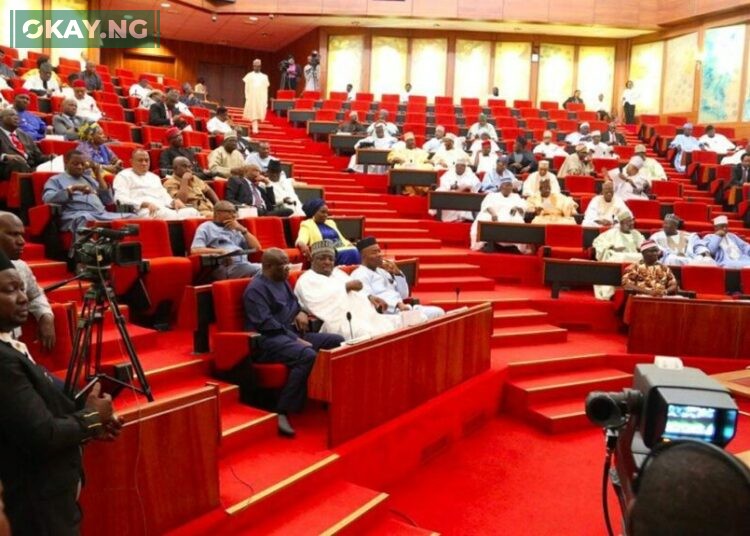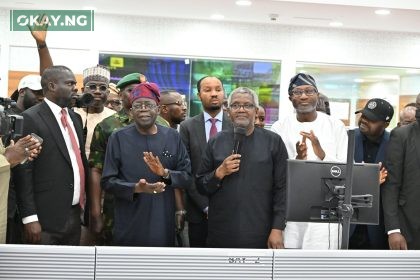The Senate has moved forward on several significant constitutional amendment bills, signaling potential major shifts in Nigeria’s political and legal landscape. Among the bills that passed second reading are proposals to:
Introduce a Parliamentary System: A bill sponsored by Hon. Kingsley Chinda and others seeks to replace the current presidential system with a parliamentary structure, establishing a Prime Minister as Head of Government and a ceremonial President as Head of State. This would also entail legislative bodies electing Governors and Local Government Chairmen.
Reform Presidential and Governorship Elections: Hon. Awaji-Inombek Abiante’s bill aims to amend the electoral process, requiring winners to secure more than half of the total votes cast, thus preventing victories based on simple majority and potentially necessitating run-off elections.
Set Higher Qualifications for Political Office: Hon. Ikenga Ugochinyere’s bill proposes mandatory Bachelor’s Degrees for presidential, vice-presidential, gubernatorial, and deputy gubernatorial candidates, while also imposing a 60-year age limit for these positions.
Expedite Judicial Proceedings: A bill sponsored by Deputy Speaker Benjamin Kalu and others targets delays in the justice system, setting time limits for trial and appellate courts to deliver judgments in civil and criminal cases.
Create New States and Local Government Areas: The senate also advanced bills proposing the creation of Wan state in the North-central and Gobir state in the Northwest, as well as several new local government areas in various states across the country.
These bills represent significant potential changes to Nigeria’s governance and legal framework, and their progression through the legislative process will be closely watched.













